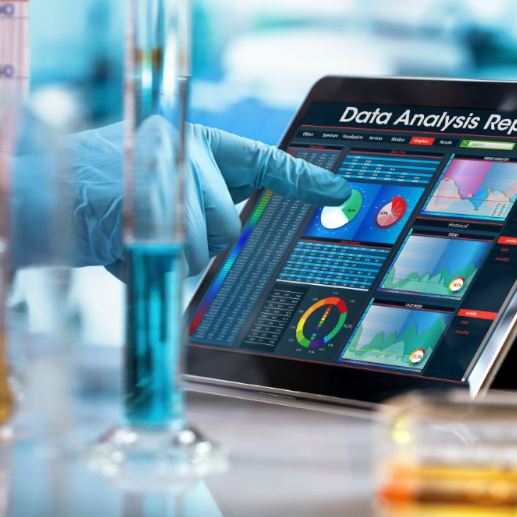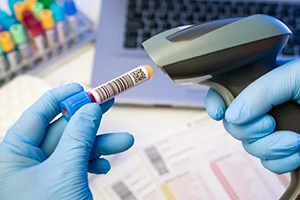
LIS
The Laboratory Information System (LIS) by VS Digital is a cutting-edge solution designed to enhance laboratory operations through advanced data management and AI-driven analysis. By providing seamless integration with existing Healthcare Information Systems (HIS), Enterprise Resource Planning (ERP) systems, and Customer Relationship Management (CRM) platforms, our LIS ensures superior efficiency and rapid patient care. The system streamlines laboratory workflows, from sample collection and processing to results reporting and data analysis, facilitating a comprehensive and efficient laboratory management process.
The unique AI capabilities of our LIS enable in-depth analysis of laboratory data, identifying patterns and trends such as those found in chronic diseases, thereby offering actionable insights to healthcare providers. This intelligence not only supports individual patient care by enabling timely and accurate diagnoses but also contributes to broader public health initiatives by highlighting trends and informing resource allocation and preventive measures.
Problem Statement
The increasing complexity of modern healthcare environments presents significant challenges in laboratory operations, data management, and patient care. Traditional laboratory information systems often suffer from fragmented workflows, manual data entry errors, and inefficient integration with other healthcare systems, such as HIS, ERP, and CRM platforms. These inefficiencies lead to delayed diagnostic results, suboptimal resource allocation, and compromised patient care.
Furthermore, the lack of advanced data analytics capabilities in conventional LIS solutions impedes the ability to extract meaningful insights from vast volumes of laboratory data. This shortfall hinders early detection of disease patterns, limits the ability to monitor public health trends, and reduces the effectiveness of preventative healthcare measures. The absence of seamless interoperability also creates barriers to achieving a cohesive healthcare ecosystem, resulting in siloed information and reduced collaboration among healthcare professionals.
Addressing these critical issues is essential to enhance laboratory efficiency, ensure accurate and timely diagnostic results, and ultimately improve patient outcomes. There is an urgent need for a sophisticated LIS that not only integrates seamlessly with existing healthcare systems but also leverages AI-driven analytics to provide actionable insights and foster a more connected and efficient healthcare environment.


